What is a process server?
What do process servers do exactly?

What is the job of a process server?
Understanding The Essential Role of a Process Server in Court Proceedings
If you’ve ever found yourself tangled in a legal issue, you may have come across the term "process server," which is a person that serves legal documents. But what exactly does a process server do? Many people mistakenly refer to this job as a "processing server" or "processes server," but the role is specific and crucial in the legal system. In this article, we’ll break down the responsibilities of a process server and why their work is so important.
Table of contents:
- What are Process Servers?
- Documents Served by Process Servers
- Who Needs to Be Served?
- Providing Proof of Service
- Following Legal Protocols as a Process Server
- Navigating Difficult Situations as a Process Server
- Why are Process Servers Important?
- How Does Suing Someone in Court Work?
What does this profession entail?
A process server is a professional responsible for delivering legal documents to individuals involved in a court case. This essential duty ensures that all parties are informed about legal actions that may affect them. Whether you'd like to refer to them as a process server, processing server, or processes server, they have one job: To serve the other party on the case court papers in order to move the case forward.
Types of Documents Served
Process servers typically deliver various types of legal documents, including:
- Summonses: A summons is a document that notifies a defendant that a lawsuit has been filed against them and outlines their obligation to respond within a specified timeframe.
- Complaints: A complaint is a document that details the claims being made against the defendant, explaining why the plaintiff believes they deserve a legal remedy.
- Subpoenas: A subpoena is a document that orders individuals to appear in court or produce specific evidence.
- Court Orders: These are directives from the court that require compliance from the parties involved.
Each of these documents must be served according to specific legal requirements to ensure that the recipient is properly notified.
Who Needs to Be Served?
The service of process is not limited to the main defendant. Here are others who may need to be served:
- Defendant: The individual or entity being sued.
- Respondent: The party who responds to a petition
- Witness: The individual who may provide testimony in the case. They may be served with a subpoena to ensure their attendance in court.
- Business Entity: When a lawsuit involves a corporation or LLC, the designated agent or officer must be served to hold the entity accountable.
- Co-Defendants: In cases with multiple parties, all relevant individuals may need to be served.
Providing Proof of Service
Once the documents are served, the process server completes an affidavit of service (sometimes referred to as a certificate of service or declaration of service). This document serves as proof that the legal papers were delivered correctly and includes essential details such as:
- The date and time of service
- The method of service (e.g., personal delivery, mail)
- The name of the person served
- The location of service
- Photographs taken at time of attempt or service
This affidavit is critical for the court, as it verifies that due process has been followed.
Following Legal Protocols
Process servers must adhere to specific laws and regulations governing how documents should be served. This includes understanding the appropriate methods of service, such as:
- Personal Service: Handing the documents directly to the individual.
- Substituted Service: Leaving the documents with someone of suitable age and discretion at the person’s residence or workplace.
- Service by Mail: In some cases, legal documents may be sent via certified mail.
Navigating Difficult Situations
Process servers often encounter challenges when attempting to deliver documents. They may need to employ various strategies to ensure successful service, particularly if the recipient is evasive or uncooperative. This requires skill, persistence, and sometimes, creativity.
Why Are Process Servers Important?
a. Legal Notice
The primary role of a process server is to provide legal notice to all parties involved in a case. This is a fundamental principle of due process, ensuring that individuals are aware of legal actions affecting their rights.
b. Preventing Default Judgments
Proper service of process helps prevent default judgments. If a defendant is not served correctly, they may be unaware of the lawsuit and unable to respond, leading the court to rule in favor of the plaintiff without hearing the defendant's side.
c. Court Compliance
Courts require proof of service before proceeding with a case. A well-documented affidavit of service helps maintain the integrity of the judicial process by confirming that all parties have been notified.
How Suing Someone in Court Works
- Filing a Complaint: The process begins when the plaintiff files a complaint with the court, outlining their claims and the relief they seek.
- Issuing a Summons: Once the complaint is filed, the court issues a summons to notify the defendant that they are being sued.
- Serving the Documents: This is where the process server comes in. They deliver the summons and complaint to the defendant, ensuring they receive legal notice of the case.
- Defendant’s Response: After being served, the defendant typically has a set amount of time to respond. They can admit or deny the claims or even file a counterclaim against the plaintiff.
- Court Proceedings: If the defendant responds, the case proceeds through various stages, including discovery, pre-trial motions, and ultimately a trial if no settlement is reached.
Conclusion
So, what are process servers? What do process servers do? In essence, a process server is an essential part of the legal system, responsible for delivering crucial legal documents and ensuring that all parties are informed about their rights and obligations. Understanding the role of a process server—sometimes mistakenly referred to as a "processing server" or "processes server" or someone that does "service processing"—is vital for anyone navigating the legal landscape. If you find yourself needing a process server, knowing what to expect can make the process smoother and more efficient. If you have further questions about the role of someone who serves legal documents or the legal process itself, don’t hesitate to seek guidance from legal professionals.












